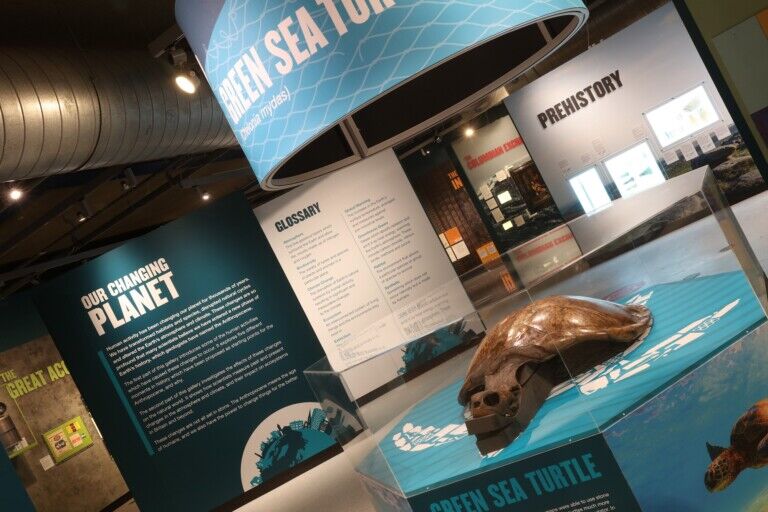Birmingham Museums Trust has teamed up with Equity Energies to accelerate its sustainability initiatives as it works towards its 2040 net zero commitment.
Through the partnership, the trust aims to reduce energy consumption across its nine museums, which include the Birmingham Museum and Art Gallery and Thinktank.
“This new partnership is a huge boost for us. We approached Equity Energies to assist us with reducing our consumption and accelerating our sustainability initiatives, but we have also unlocked significant financial savings through their energy brokerage,” said Colin Butler, sustainability officer at Birmingham Museums Trust.
“The support we’ve had from Equity Energies has been fantastic, from the team’s procurement expertise through to their commitment to helping us build a greener future for Birmingham’s cherished museums and historic properties.”
As above, the collaboration has also resulted in a 35 percent reduction in energy costs compared to the trust’s previous contracts.
The new contract, which covers gas and electricity procurement, has already unlocked more than £182,000 in cost savings.
This means that Birmingham Museums Trust can invest in sustainability projects across its estate, including upgrades to improve energy efficiency and reduce overall consumption, and on-site generation.
Reducing energy consumption at museums
Energy procured under the new contract is backed exclusively by wind, solar and hydro, aligning with the trust’s 2040 net zero commitment.
Maureen Bray, managing director at Equity Energies, added: “It’s been a privilege to support Birmingham Museums Trust on this journey.
“The team has shown real commitment to making positive, practical changes that benefit the environment, the public, and the long-term future of these incredible spaces.
“This is about more than just cost savings – it’s about building resilience and creating space for cultural institutions to lead by example.”
The partnership with Equity Energies is part of Birmingham Museums Trust’s wider commitment to environmental responsibility.
The organisation aims to achieve net zero by 2040 by reducing its energy use, phasing out single-use plastics, enhancing biodiversity, and inspiring public engagement through education and action.
Images courtesy of Birmingham Museums Trust
